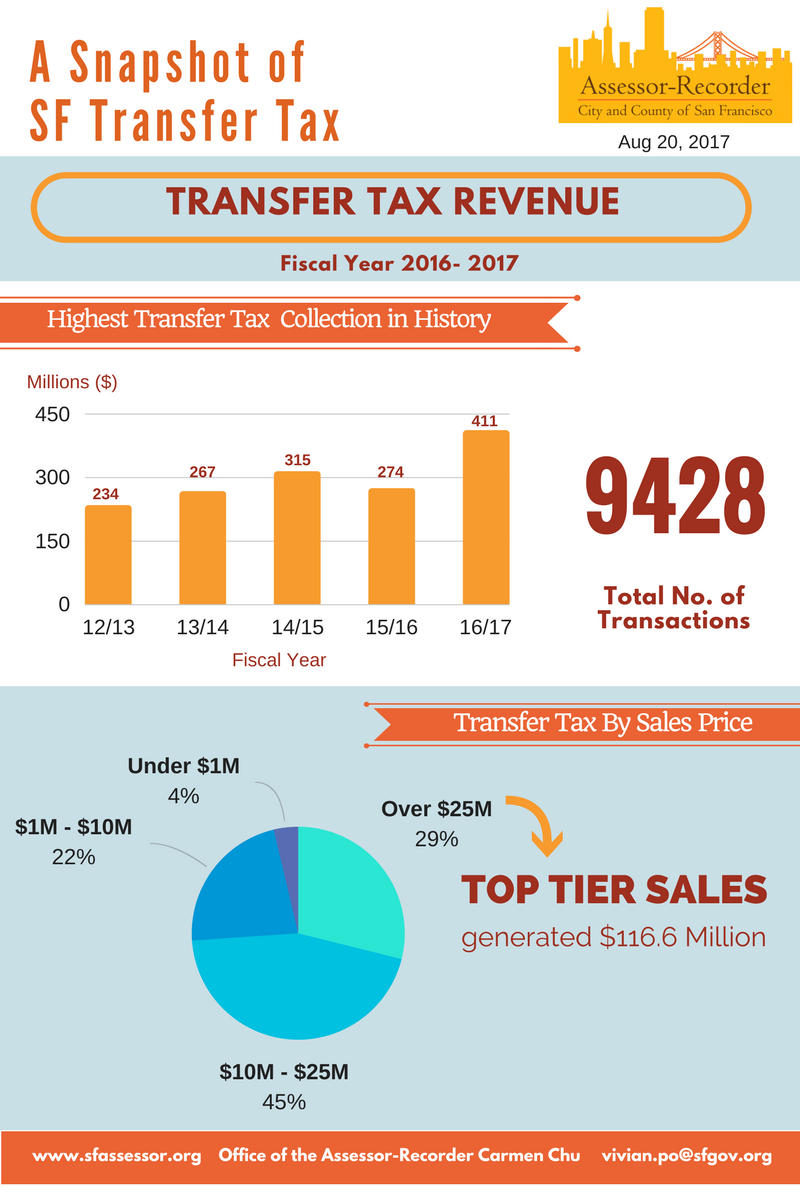

CONVEYANCE TAX REGISTRATION
There are 12 states that have no transfer tax:Īlthough Kansas does not have a real estate transfer tax, Kansas does have a mortgage registration tax. When purchasing or selling property, you should check your county and municipalities’s specific transfer tax rate or ask your real estate agent. There may even be some municipalities that charge a unique transfer tax. However, some counties will charge their own unique transfer tax that varies throughout the state. You can also expect that in most counties, the county transfer tax rate stays consistent throughout the state. Most states charge a flat transfer tax throughout all counties. In most cases, your transfer tax will be a combination of a state transfer tax, a county transfer tax, and possibly a municipality transfer tax. Department of Agriculture (USDA), or Vermont Children’s Trust Foundation (VCTF) loan, the transfer tax rate on the first $100,000 is 0%. Additionally, if it is your primary residence and you use a Vermont Housing Finance Agency (VHFA), U.S. However, if the property will be your primary residence, you only have to pay 0.5% on the first $100,000 and 1.45% on the remaining amount. Vermont Transfer Tax Exemption: In Vermont, the standard transfer tax for home buyers is 1.45% of the property value.For example, on a $500,000 home, a first-time home buyer would have to pay $400,000 *.
CONVEYANCE TAX FULL
On any amount above $400,000, you would have to pay the full 2%. 75% transfer tax for a home price of up to $400,000. As a first-time home buyer, you would only have to pay a. 75% to the county and 1.25% to the state. This means that each of the buyer and seller pay. The Delaware transfer tax is a total of 4% with 1.5% going to the county and 2.5% going to the state. Delaware Transfer Tax Exemption: In Delaware, first-time home buyers are exempt from paying the state-level transfer tax.Delaware and Vermont will allow certain home buyers to pay lower or no transfer tax. It can clearly define who is responsible for paying what portion of the transfer tax and hold them accountable.Īnother type of transfer tax exemption is a first-time home buyer transfer tax exemption. That’s why it’s important to specify who pays the transfer tax in your purchase agreement.

In California, the entire transfer tax including the buyer’s portion defaults to the seller. Different states will have different rules as to who the transfer tax defaults to. However, who actually pays for this tax is usually negotiable during the transaction. Likewise, if only the buyer is exempt, the seller must pay a transfer tax. If an exemption occurs and only the seller is exempt from paying transfer tax, the buyer will still have to pay a transfer tax. For example, Sacramento county in California has a number of exemptions listed on their information sheet. States exempt real estate transfers from paying documentary transfer taxes under certain circumstances. States can also exempt first-time home buyers or specific home buyers from paying the transfer tax. You can be exempt from a transfer tax by falling into predefined categories listed by your state or county. There are different types of transfer tax exemptions. By deducting any transfer taxes, the taxable amount of capital gains will be reduced. If you bought the home for less than the sale price, then the difference is considered capital gains and is taxed. Home Sellers: If you sell a home and pay transfer taxes, you can deduct this tax from the sale price of the home. Since you paid $2,000 in transfer taxes before, your total taxable capital gains would only be $98,000. Then assume you’re selling the house for $500,000. If you add transfer taxes to the initial purchase price, your capital gains will be reduced.įor example, let’s say you bought a house for $400,000 and paid $2,000 in transfer taxes.

In this case, you would sell the home for more than the original purchase price and this profit would be considered capital gains. In the future, you may sell your home and earn a profit based on the home increasing in value. Home Buyers: If you buy a home and then pay transfer taxes, you can add this tax to the home’s purchase price. However, you can receive future tax benefits when paying transfer taxes as a home buyer. Unfortunately, you cannot deduct real estate transfer taxes from your income when filing taxes according to the IRS.


 0 kommentar(er)
0 kommentar(er)
